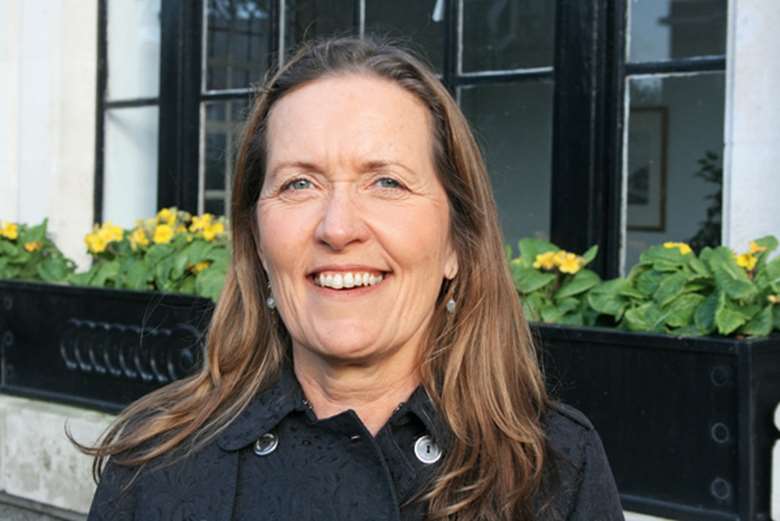NCAS conference: Ofsted social care lead hints at lighter touch inspection plans
Derren Hayes
Thursday, October 15, 2015
A future children's services inspection system is likely to be lighter touch but continue to use graded judgments, Ofsted's social care lead has said.

Speaking at the National Children and Adult Services (NCAS) conference, Eleanor Schooling, interim social care director at Ofsted, outlined initial ideas the inspectorate has for developing a less onerous but more targeted process to replace the single inspection framework (SIF).
She added Ofsted had “already done some thinking”, based on feedback from children’s services leaders about the SIF, on what a future inspection framework would potentially look like. This could include a week-long inspection for all authorities that would be carried out every two years, Schooling said.
“This would probably focus on a study of case files – not just the front door, but looked-after children, care leavers and perhaps adoption,” she said.
“That would give us an extensive look at whether things are going wrong, and in conjunction with performance data would be very easy to see if there are more concerns.”
In such circumstances, a more in-depth inspection, similar to the SIF, would be carried out, Schooling explained.
Despite criticism from children’s services leaders that the current single-word Ofsted rating system does not accurately reflect a department’s performance, Schooling said “graded judgments” would likely remain.
“I think there will always be a point where you say something is ‘inadequate’ or something is ‘good’,” she added.
Schooling also told delegates in Bournemouth that the outcomes from SIF judgments should not be looked at in such a negative light.
Of the 67 children’s services departments inspected under the SIF, 51 have received the judgments in the two lowest categories of “inadequate” or “requires improvement”. Just 16 have been rated “good”, and none “outstanding”.
Schooling said the high number of low ratings has led to publicity that “70 per cent of the country is not doing well enough”. However, she said that is not how Ofsted sees it.
“We’ve never said that requires improvement is below the bar,” she said. “It is on the journey to good. We’ve always said inadequate is below the bar.
“If you look at inspection outcomes in that way then what you’re saying is that three quarters of places are at least satisfactory if not better. That’s the lens by which I think we should be seeing inspection.”
However, in her welcome speech to the conference, Alison O’Sullivan, president of the Association of Directors of Children’s Services, described the SIF as a “dysfunctional process” that should be stopped.
O’Sullivan said authorities will continue to receive low ratings under the system, which she said was “irresponsible and plain wrong”.
She also said that any new inspection system needed to be “slimmed down a lot” because the SIF “takes up huge chunks of resource”.
“Ofsted is right to be opening up the conversation on what the important areas are,” O’Sullivan said.
“There’s lots of good about the SIF – such as inspectors getting alongside professionals and hearing from families and young people – but a single word [judgment] is not enough.”
In response, Schooling said she recognised the SIF “is an intensive event”, but said it had given a “baseline of where we are at with protecting children”.




